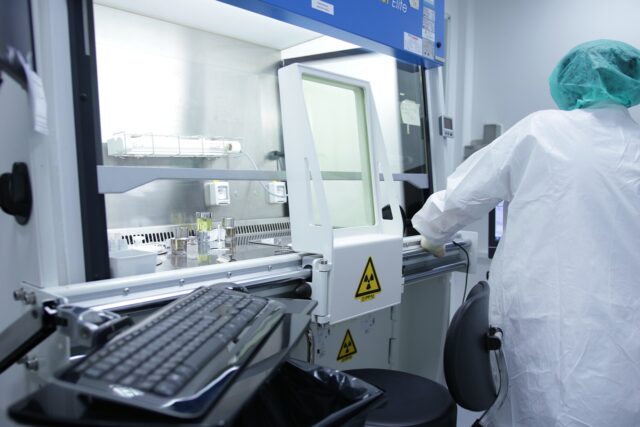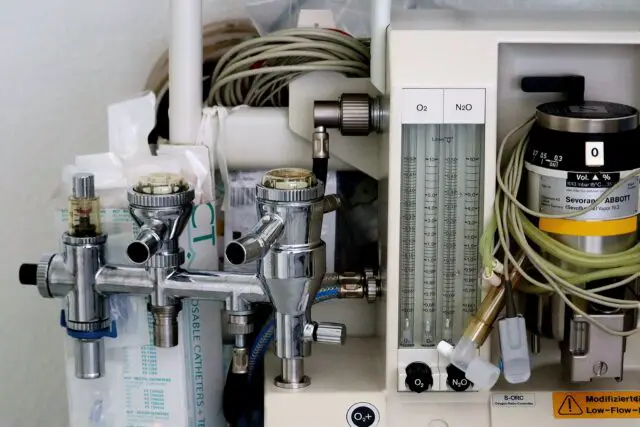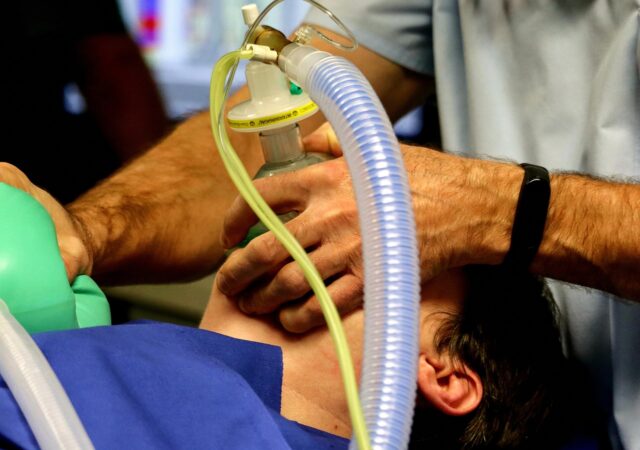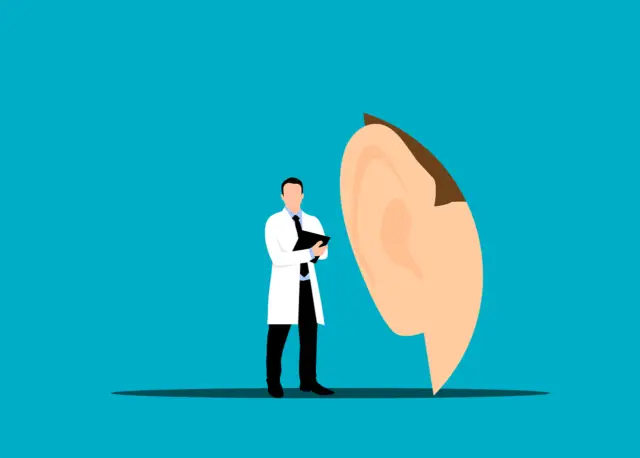In the following cardiovascular technologist job description, you’ll see these technologists are medical professionals who specialize in diagnosing and treating diseases of the heart, lungs, and blood vessels. They use a variety of imaging techniques and technologies to capture images of the heart, lungs, and other body systems.
They then interpret them to diagnose and treat a variety of medical conditions. These technologists typically work in hospitals, medical imaging centers, and outpatient clinics.
Cardiovascular Technologist Job Description
Cardiovascular technologists are responsible for performing a variety of diagnostic tests, such as echocardiograms, electrocardiograms, and cardiac catheterizations.
They use specialized imaging equipment to capture images of the heart and blood vessels, and then interpret the images to determine the presence of any abnormalities. These professionals also work with physicians to develop treatment plans for patients with heart and vascular conditions.
In addition to performing diagnostic tests, cardiovascular technologists are responsible for preparing patients for the tests, answering questions about the procedure, and providing patients with instructions on how to prepare for the tests.
Physicians count on them during procedures and sometimes, they may ask them to operate the imaging equipment used.
Cardiovascular Technologist Education Requirements
Becoming a cardiovascular technologist requires a four-year bachelor’s degree in a medical-related field, such as radiology or cardiovascular technology.
Many employers also require that technologists have a certification in their field, such as the Certified Cardiovascular Technologist (CCT) certification from the American Registry of Radiologic Technologists (ARRT).
Some states also require that technologists obtain a license before they can practice.
What is the salary and job outlook for a Cardiovascular Technologist?
Cardiovascular technologists earn an average salary of $65,000 a year, according to the U.S. Bureau of Labor Statistics. This figure can vary depending on experience, location, and the type of work performed. Cardiovascular technologists may also receive additional compensation in the form of bonuses and overtime pay.
Job prospects for cardiovascular technologists are very strong. The demand for them is expected to increase by 12% over the next decade, much faster than the average rate of growth for all occupations. This is due in part to the aging population and the increasing prevalence of heart disease.
As the demand for cardiovascular technologists grows, so do the opportunities to specialize in different areas, such as echocardiography, vascular sonography, and nuclear medicine. Those who specialize will have the potential to earn higher salaries and have more job security.
Overall, the salary and job outlook for cardiovascular technologists are very positive. With the growing demand for their services, there are plenty of opportunities for advancement and specialization. This makes it a great career choice for those who are interested in working in the medical field.
What is the workload of a Cardiovascular Technologist?
Cardiovascular technologists typically work full-time hours, although some may work part-time or on an on-call basis. Work schedules depend on the employer, but may include evening and weekend shifts.
Technologists may be required to travel between sites to perform tests, and may occasionally be on-call for emergency procedures.
What is the job satisfaction rate for Cardiovascular Technologists?
Cardiovascular technologists generally report high job satisfaction, as they are able to see the immediate impact of their work on a patient’s health. They also find the work to be rewarding and have the opportunity to work with a variety of medical professionals.
What are the best Cardiovascular Technologist schools?
Some of the best schools for cardiovascular technologists include the University of California, San Francisco; the University of Southern California; the University of Pittsburgh; and the University of Washington.
These schools offer comprehensive educational programs for cardiovascular technologists, with courses in anatomy, physiology, imaging technology, and more.
What is the best Cardiovascular Technologist certification?
The American Registry of Radiologic Technologists (ARRT) offers the Certified Cardiovascular Technologist (CCT) certification. This certification is widely respected and is recognized by employers and state licensing boards.
To obtain the certification, technologists must pass an exam and maintain their credentials with continuing education credits.
What are the most important skills for a Cardiovascular Technologist?
Cardiovascular technologists must have a strong understanding of anatomy and physiology, as well as knowledge of medical terminology. They must also be able to operate imaging equipment and have strong problem-solving and communication skills.
Technologists must also have excellent attention to detail and be able to think critically and make decisions quickly.





